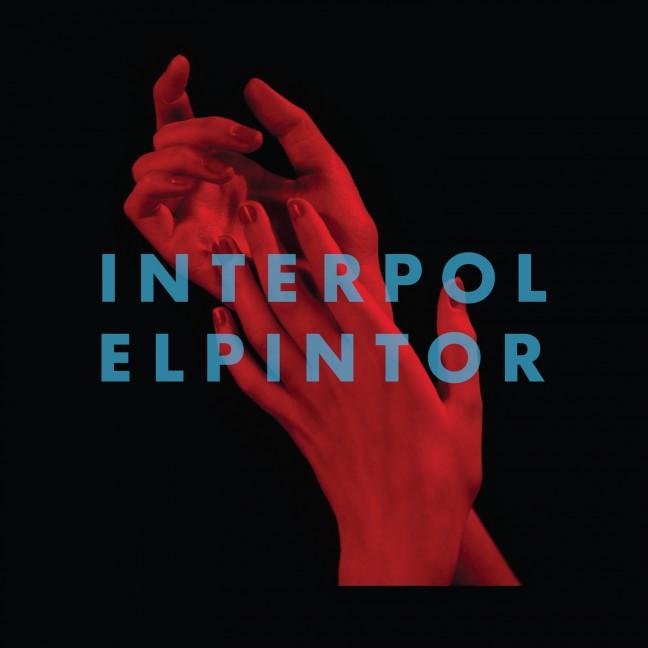It’s hard to care all that much about Interpol these days.
Like so many indie bands that blew up with the post-punk/garage rock revival of the early 2000s, Interpol has, over the past decade, lost cultural relevance with the release of each new studio album. It’s a narrative that’s all too familiar and it’s been the bane of The Strokes, Franz Ferdinand and many other bands that released game-changing debuts in the early 2000s that cannot and (presumably) will not ever be topped.
In Interpol’s case, this immaculate debut is Turn on the Bright Lights, released in 2002 to a wave of hype that launched the band to the forefront of the New York indie music scene. With the the album’s release, Interpol became the sound of “cool.” Tight, black clothing became fashionable. Brooding, deadpan vocals once again became a way to express a thousand emotions. In critics’ reviews, the Joy Division comparisons were endless. But outside of Paul Bank’s vocals, Interpol didn’t actually sound that much like Joy Division. The band’s influences were clear, but they were also fresh. They had a sound that was the perfect summation of its time and place.
In 2002, Turn on the Bright Lights became the sound of New York nights. Each band member’s individual roles coalesced perfectly to create a sound that had the shimmer of post-midnight Manhattan and the morose introspection that accompanies late-night, alcohol-fueled relationships. Daniel Kessler’s guitars soared, taking a page from shoegaze and laying on the reverb. Carlos Dengler’s bass slinked between notes, proving itself to be an essential part of the band’s overall sound. Sam Forgarino’s driving percussion gave the music a sense of urgency and perpetual sense of discomfort. Atop it all, Paul Banks delivered his monotone vocals. Alone, they might have sounded silly, with lines like, “Subway is a porno.” But this delivery worked because of the soaring music below. Interpol quite simply had a perfect sound.
Interpol’s new album, El Pintor, offers little of the greatness we heard in 2002. Those soaring guitars of 12 years ago sounded cavernous and grand, like sirens echoing off tall buildings at night. Now they sound like necessary but bland ingredients used to construct Interpol songs. The band used to be the emotive soundtrack of late-night walks home. Now they find themselves trapped within this framework, milking the same sound throughout nearly every track — a sound marked by agitation, sadness and discomfort. This is still Interpol, but the spark is gone.
I could go into details about each of these new songs and pick apart their instrumentation and lyrics to give the appearance of a well-thought-out album review. But this just isn’t an album worth putting much thought into. El Pintor is not a bad album. It just won’t be anything worth remembering 12 years from now.
It’s unfortunate when a band’s legacy is remembered by one album that can never be topped. For as long as that band performs, their music will be compared to that initial work — even 12 or more years later. But when we have an example of how great a band can be, it’s simply disappointing to hear them producing works that are inferior. When they release greatness again, maybe we can go back to caring about Interpol.
3 out of 5 stars


